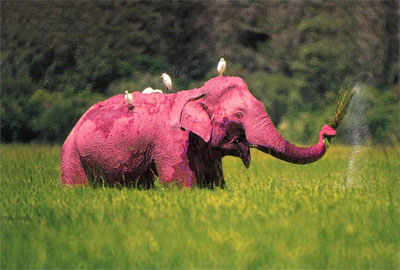Greetings from Queen Bee and may you produce works as splendorous as the healing magic of royal jelly, my darling busy bees.
Now, some juicy and much needed break - sampad is organising a Tagore poetry competition which ends at the end of the month. This is excellent news for the new year and I do hope that many of you will take part and be a part of this wonderful initiative to ressurect Tagore whom I love.
Tips:
Read some of Tagore's famous works here: http://www.schoolofwisdom.com/history/teachers/rabindranath-tagore/gitanjali/, and look out for the aspects of his poems that you finds endearing or powerful in terms of impact and style.
My list goes like this:
seasons - he makes many references to the seasons and I share that connection with the seasons
journey - he speaks of everyday things and most of his poems seem to have a journey of their own.
speech - the intrusion of speech in between verses reflect real life situation and situate the poem and the persona in real life.
The talking about Tagore, you end up thinking of love because his poetry is laden with love.
This poem was the first thing I wrote since I could not think of a specific topic I wanted to write about yet and so I wrote on love.
On love
The morning mist, sweetened with the fragrance of blooming lilies
Come to me in your cold embrace, causing tingles and shivers
To dance along my spine playfully as you pluck at my heartstrings
And strike a merry tune. “Oh, what a merry fellow!”
A fiend, a thief, a lover, a demon! Your eyes as bright as a newly
Blossomed lotus; what names could I call you but these? My line
Of sight would always seek your form, my ears thirsty for the
Seductive timbre of your voice, your sudden laugh could catapult me
To the heights of Heaven and the depths of despair. “Be still!”
I thump my fist against my chest and hope the drums beating wildly within
My bosom will cease – but they break against my heart slowly, with the teasing lilt
Of his smile, the sway of hips, like the sway of the waves,
You drown me in the sweet misery of young love.
Please share your thoughts with me or discuss some of your ideas. :)



